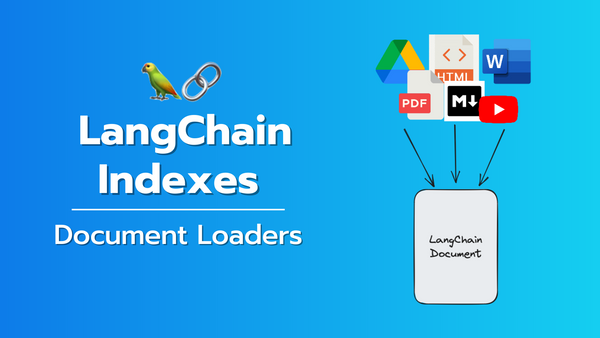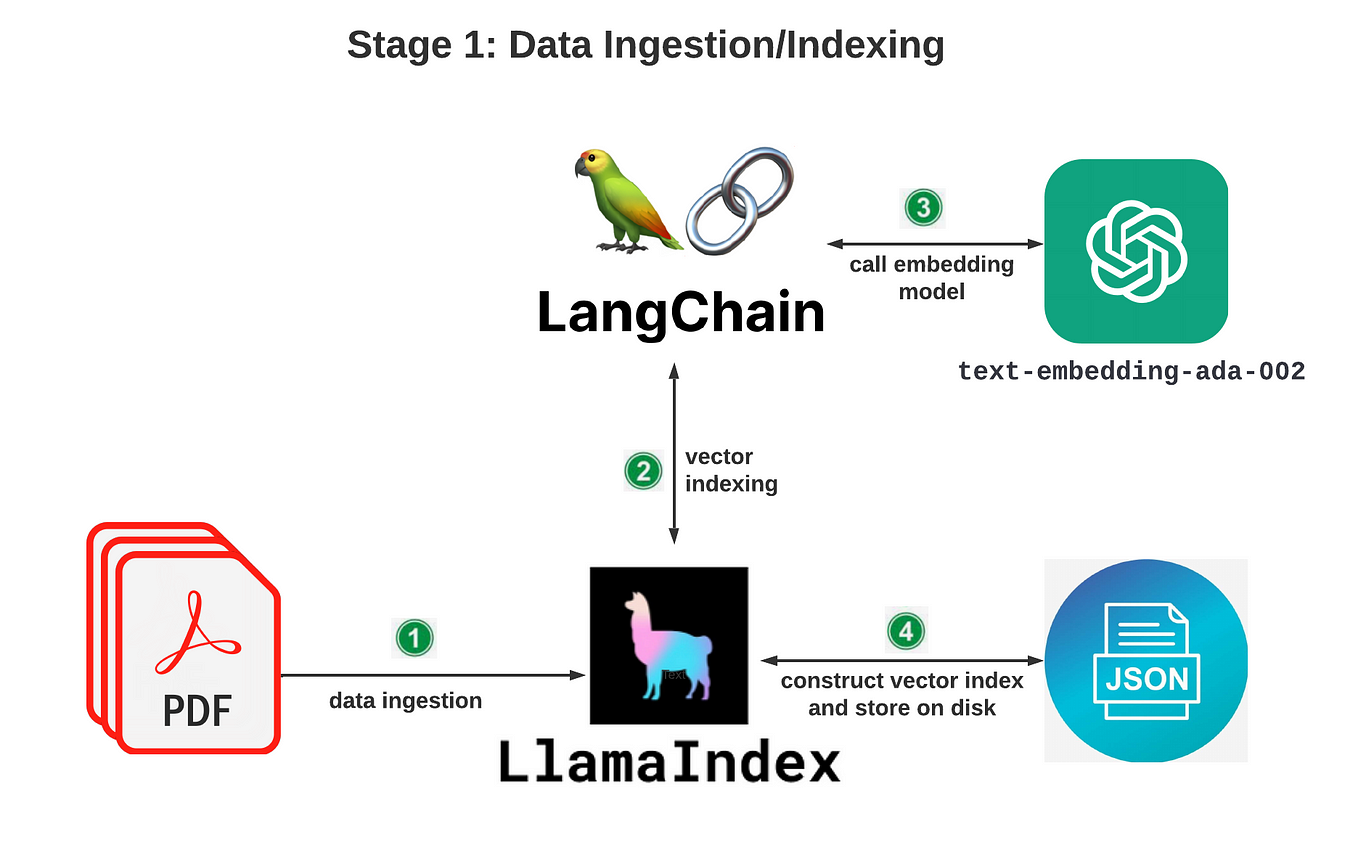LangChain, a almighty model for gathering functions with ample communication fashions (LLMs), gives a flexible and extensible structure. Nevertheless, this flexibility tin sometimes pb to errors, one of the about communal being unexpected enter to implement arguments. This station delves into the base causes of this content, strategies for prevention, and champion practices for dealing with specified conditions. Knowing however to negociate unexpected values handed to LangChain Implement arguments is important for gathering robust and dependable LLM purposes.
Troubleshooting Incorrect Implement Arguments successful LangChain
Once integrating instruments into your LangChain brokers, ensuring the accurate information types and codecs are handed to these instruments is paramount. A mismatch betwixt the anticipated enter and the existent value offered by the LLM tin consequence successful unexpected behaviour, errors, and finally, exertion nonaccomplishment. This frequently manifests arsenic a cryptic mistake communication, making debugging challenging. The cardinal is to expect possible discrepancies and instrumentality robust mistake dealing with mechanisms inside your cause’s logic. Proactive validation and cautious kind checking are indispensable steps to forestall these points.
Figuring out the Origin of Unexpected Inputs
Pinpointing the root of an incorrectly formatted statement is the archetypal measure in direction of solution. This normally includes cautiously reviewing the LLM’s output and the implement’s enter validation logic. Does the LLM food output that doesn’t conform to the anticipated information construction your implement anticipates? Is the implement’s enter parsing mechanics excessively lenient, failing to cull invalid inputs? A systematic investigation of some the LLM’s consequence and the implement’s enter processing volition frequently uncover the base origin. See logging some the LLM’s natural output and the processed inputs to your instruments for debugging purposes.
Stopping Unexpected Inputs with Robust Kind Checking
The about effectual manner to code unexpected inputs is to instrumentality robust kind checking and validation. Earlier your LangChain cause passes immoderate information to a implement, thoroughly cheque if the information conforms to the anticipated format and information kind. For illustration, if your implement expects a numerical enter, ensure the LLM’s output is so a figure and not a drawstring. Usage Python’s constructed-successful kind-checking features and see employing libraries similar Pydantic for much blase information validation. This proactive attack minimizes runtime errors and improves the general reliability of your exertion. Retrieve, prevention is cold amended than trying to rectify errors last they happen.
Utilizing Pydantic for Information Validation
The Pydantic room is a almighty implement for information validation and parsing successful Python. By defining information fashions that specify the anticipated construction and types of your implement’s inputs, you tin implement stricter validation. Pydantic volition rise exceptions if the LLM’s output doesn’t conform to the exemplary’s explanation, making debugging simpler and stopping unexpected errors. Its capabilities spell past basal kind checking, allowing you to specify constraints, default values, and another validation guidelines. This importantly improves the robustness of your LangChain functions.
Dealing with Unexpected Inputs Gracefully
Equal with the champion preventative measures, unexpected inputs mightiness inactive happen. So, implementing graceful mistake dealing with is important. Alternatively of allowing the exertion to clang, plan your cause to grip exceptions appropriately. This could affect logging the mistake, offering a person-affable mistake communication, oregon attempting to retrieve by prompting the LLM for a corrected consequence. A fine-structured attempt-but artifact is your person successful this occupation. See including mechanisms to retry the cognition oregon to escalate the content to a quality function if automated improvement is not imaginable. This ensures a creaseless person education equal once issues spell incorrect.
| Mistake Dealing with Scheme | Statement | Advantages | Disadvantages |
|---|---|---|---|
| Logging and Retry | Log the mistake and retry the cognition last a hold. | Elemental, effectual for transient errors. | Whitethorn not activity for persistent errors. |
| Fallback Mechanics | Usage a fallback implement oregon consequence if the capital implement fails. | Ensures steady cognition. | Requires further coding. |
| Quality Involution | Alert a quality function to grip the mistake. | Handles analyzable oregon different errors. | Reduces automation. |
Illustration: Dealing with a Kind Mistake
attempt: Codification that mightiness rise a TypeError consequence = my_tool(llm_output) but TypeError arsenic e: mark(f"TypeError encountered: {e}") Log the mistake, retry, oregon instrumentality a fallback mechanics.
By implementing these strategies, you tin importantly better the robustness and reliability of your LangChain functions. Retrieve that proactive mistake prevention done rigorous kind checking and graceful mistake dealing with is cardinal to gathering palmy purposes utilizing LLMs.
Larn much astir gathering robust LangChain purposes by visiting the authoritative LangChain documentation and exploring precocious mistake dealing with strategies inside the Python documentation. See besides exploring champion practices for LLM prompting to decrease the chances of receiving unexpected outputs successful the archetypal spot. Larn much astir champion practices for LLM prompting.
#1 LangChain Indexes: Document Loaders

#2 [][Python] LangChain Functions Agent
![Decoding Unexpected LangChain Tool Arguments A Python LLM Debugging Guide - [][Python] LangChain Functions Agent](https://www.evanlin.com/images/2022/langchain-1679313960.jpg)
#3 Getting started with LangChain A powerful tool for working with Large

#4 ERROR-Import Langchain : TypeError: dataclass_transform() got an

#5 [SOLVED] ‘Unexpected Keyword Argument’ TypeError in Python - AskPython
![Decoding Unexpected LangChain Tool Arguments A Python LLM Debugging Guide - [SOLVED] ‘Unexpected Keyword Argument’ TypeError in Python - AskPython](https://www.askpython.com/wp-content/uploads/2023/05/Unexpected-keyword-argument-solving-type-error-in-python.png)
#6 VLLMOpenAI – create() got an unexpected keyword argument ‘api_key
#7 Open Source Llms In Langchain - Image to u

#8 GPT4All/LangChain: Model.init() got an unexpected keyword argument
